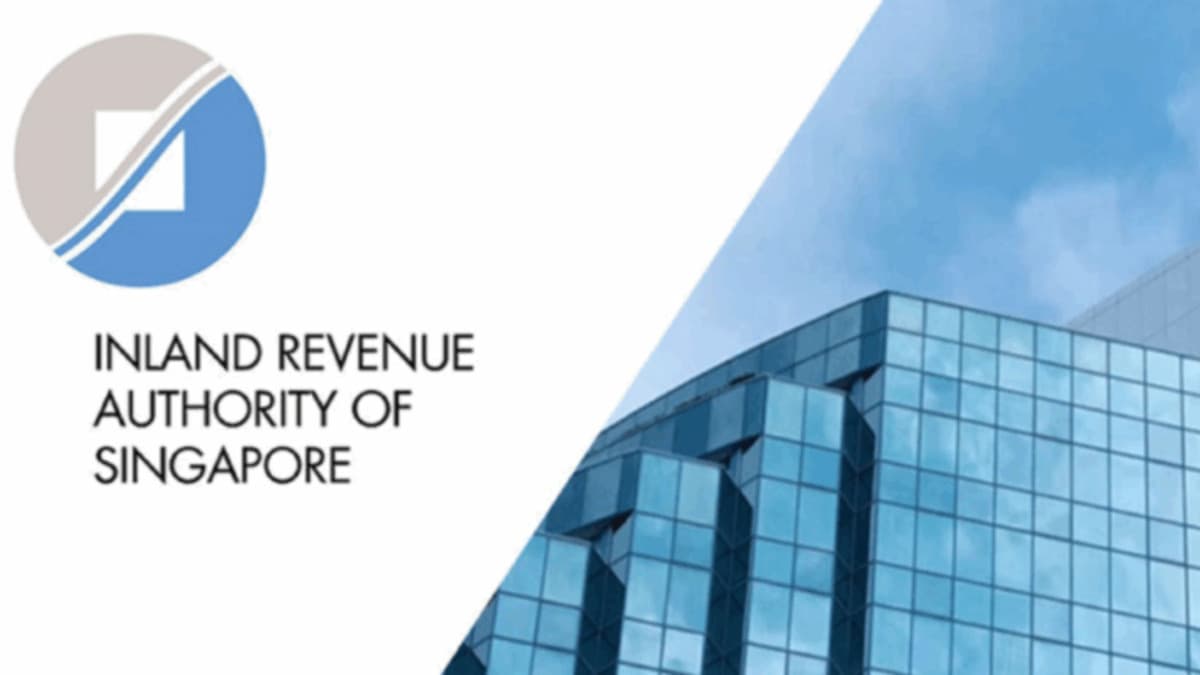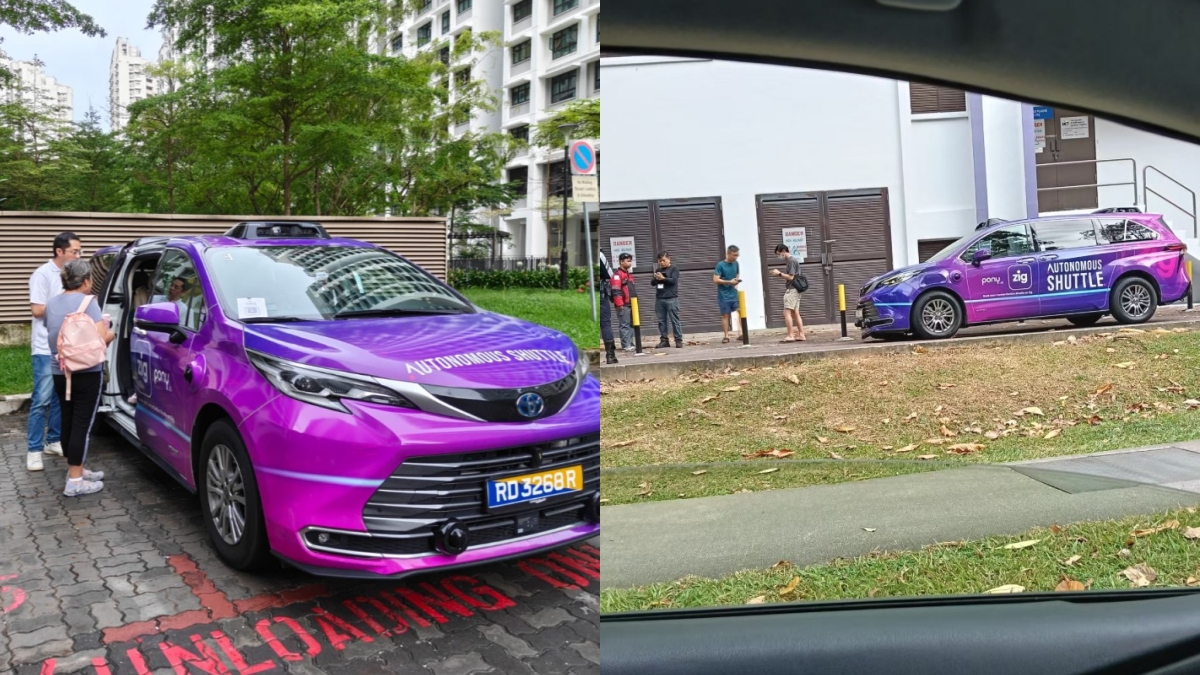Singapore’s tax revenue rises 10.7% to S$88.9 billion in FY2024/2025 amid strong economy and GST hike
Singapore collected S$88.9 billion in tax revenue for the 2024/2025 financial year, a 10.7% increase from the previous year, according to the Inland Revenue Authority of Singapore (IRAS). The rise was fuelled by robust corporate profits, higher wages, strong consumer spending, and the one-point Goods and Services Tax (GST) increase.

- IRAS collected S$88.9 billion in tax revenue in FY2024/2025, up 10.7% from the previous year.
- Corporate income tax was the largest contributor at S$30.9 billion.
- GST collections jumped to S$20 billion following the rate hike from 8% to 9%.
Singapore collected S$88.9 billion in tax revenue for the 2024/2025 financial year — a 10.7 per cent increase from the previous year’s S$80.3 billion — the Inland Revenue Authority of Singapore (IRAS) announced on 11 September 2025.
The growth, IRAS said, was supported by robust economic expansion, higher wages and stronger consumer spending, as well as the one-point Goods and Services Tax (GST) increase that took effect on 1 January 2024.
The total tax revenue represented 76.9 per cent of government operating revenue and 12.2 per cent of Singapore’s gross domestic product (GDP).
IRAS said these funds were crucial for supporting essential public services, strengthening the economy, improving living standards and enabling social programmes.
Corporate tax remains top contributor
Corporate income tax continued to be the largest single source of tax revenue, accounting for 34.8 per cent of the total. Collections rose 6.7 per cent to S$30.9 billion, up from S$29 billion in FY2023/2024, reflecting strong corporate earnings and sustained business confidence.
The report noted that many companies, particularly in the finance, technology and manufacturing sectors, benefited from post-pandemic expansion, continued export growth, and rising global demand.
Surge in GST collection after rate hike
The Goods and Services Tax (GST) was the second-largest contributor at S$20 billion, representing 22.6 per cent of total revenue.
This marked a significant jump from S$16.6 billion the previous year, driven by higher household consumption and the GST rate hike from 8% to 9% that came into effect at the start of 2024.
IRAS said the GST increase was implemented as part of Singapore’s strategy to strengthen fiscal sustainability, particularly to fund rising healthcare and social spending in an ageing population.
Growth in individual income tax
Individual income tax contributed S$19.1 billion, up from S$17.5 billion a year earlier.
The rise — amounting to 21.5 per cent of total tax revenue — was attributed to higher wage growth, an expanding taxpayer base, and the creation of more high-value jobs across industries such as finance, technology and logistics.
The number of taxpayers also rose as the job market strengthened, with resident employment levels exceeding pre-pandemic levels.
Property and stamp duties remain strong
Property tax collections reached S$6.6 billion, forming 7.5 per cent of total tax revenue, reflecting ongoing price growth in the private housing sector and higher annual values for residential properties.
Similarly, stamp duty contributed another S$6.6 billion, or 7.4 per cent of the total, up from S$5.8 billion the year before.
IRAS attributed the increase to stronger property transaction volumes, particularly in the first half of the year, before cooling measures and higher borrowing costs slowed activity.
High compliance, low arrears
IRAS said tax compliance in Singapore remains high, with overall arrears at just 0.66 per cent across GST, income and property taxes.
The authority said it “takes firm action against deliberate tax evasion,” while continuing to promote education and assistance for taxpayers to remain compliant.
During the financial year, IRAS audited and investigated over 8,600 cases, recovering approximately S$507 million in taxes and penalties.
Support for businesses through disbursements
Beyond collecting revenue, IRAS also processed more than S$1.3 billion in disbursements to about 127,500 businesses under various government support schemes.
These included:
-
S$924 million through the Progressive Wage Credit Scheme, which helps employers raise the wages of lower-income workers.
-
S$277 million under the Senior Employment Credit Scheme, supporting firms that employ senior workers.
-
S$51 million through the CPF Transition Offset, assisting companies in adjusting to higher Central Provident Fund contribution rates.
IRAS said these programmes reflected the government’s “commitment to fostering inclusive growth and supporting both businesses and workers.”
Broader fiscal context
In FY2023/2024, Singapore’s tax revenue stood at S$80.3 billion, with corporate tax accounting for about 36 per cent of collections and GST contributing 21 per cent.
The FY2024/2025 figures reflect the impact of both stronger economic conditions and fiscal policy adjustments, including wage growth and the GST rate hike.
Economists say the 10.7 per cent rise in collections highlights Singapore’s economic resilience despite global headwinds, such as slower demand in key export markets and tighter monetary conditions.
IRAS outlook
Looking ahead, IRAS said it will continue to enhance digital tax systems, strengthen compliance frameworks, and support green transition incentives in line with national sustainability goals.
It also plans to improve taxpayer experience by expanding online services and adopting AI-driven analytics to detect evasion and streamline assessments.
“Tax revenue is the lifeblood of Singapore’s continued success,” IRAS said in its statement. “By working together, we ensure a fair, efficient and trusted tax system that supports our shared prosperity.”







